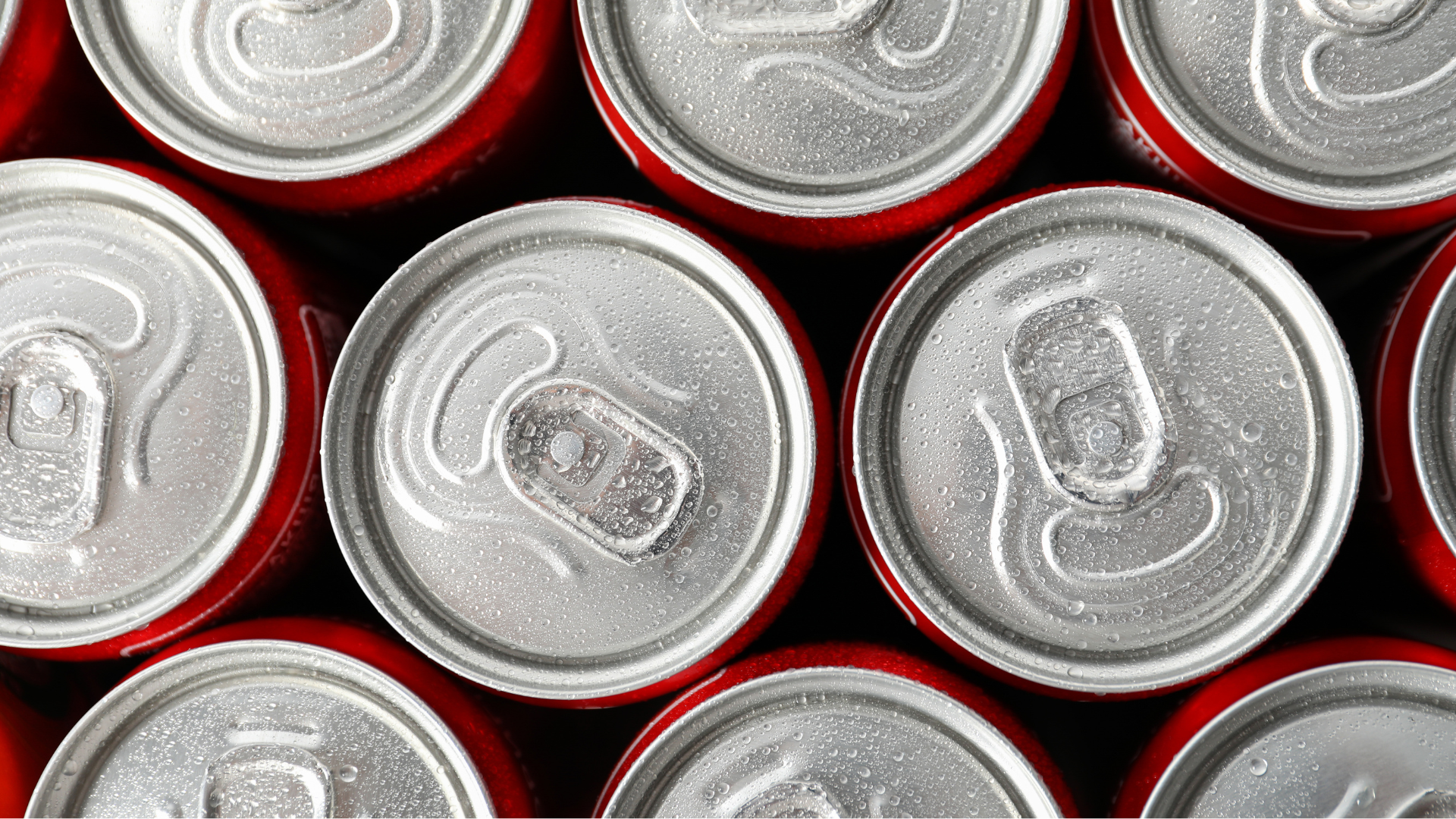
©Liliia Bila via Canva.com
Why Consumer Choices Cut During Covid Are Not Coming Back
January 2, 2024
When COVID-19 hit, consumer choices were reduced as companies tried to ease excess in the supply chain. Retailers have managed to clear up most of the chaos from that time, but the broad choices that were available prior to the pandemic are not coming back, reports The Wall Street Journal.
Suppliers and retailers across a range of different industries, from groceries to furniture, have said that it wasn’t cost-effective to have a broad variety of products for everyone, and consumers did not care too much when they reduced their ranges.
CEO of ToolsGroup, a supply-chain planning and optimization company, Inna Kuznetsova said, “Today, people would rather lose a portion of consumer demand as opposed to spending extra on too much variety.”
In November, Macy’s president and CEO-elect Tony Spring told analysts that “the customer today does not want an endless aisle.”
In 2023, new products accounted for around 2% of products in a range of categories such as beauty, footwear, and toys, down from 2019’s 5%, according to Circana. A technology company, Shelf Engine, which streamlines the ordering process for grocery retailers, identified that key grocery stores have scaled back on fresh-food options like fruit, dairy products, and deli meats by 15% to 20%.
Stefan Kalb, CEO of Shelf Engine, explained that big grocery stores cutting back on the variety of options they offer is a big change from the pandemic when they believed they had to carry everything to prevent losing customers to their competitors.
Kalb added that grocers are now saving money because they have fewer products to handle, and this reduction in options is minimizing food going to waste.
According to executives at consumer-product companies, limiting their product lines has been a relief for those facing challenges to improve their profitability during a time of increased interest rates and rising costs for labor and raw materials. They said many of the eliminations have been in tune with what consumers would not notice and are mostly products that would overwhelm consumers with far too many options to choose from.
Chris Peterson, CEO of Newell Brands, said, “I don’t think any consumer would have noticed we went from 200 to 150” types of Yankee Candle.
However, innovation has slowed down as a result of more attention being shifted toward the best-selling products, according to some industry experts. Seth Goldman, a founder of the organic-beverage maker Honest Tea, which was bought by Coca-Cola in 2011 and discontinued in 2022, said, “There has definitely been less innovation since the pandemic.”
Over the last few years, Coca-Cola reduced its brands from 400 to 200, downsizing on products that were declining and seeing slow growth, including small regional lines such as Northern Neck Ginger Ale. Coca-Cola CEO James Quincey said in 2022, “It was pruning the garden to let the better plants grow.”
Goldman elaborated further, noting that although the demand for Honest Tea was not substantial for Coca-Cola, it still existed. Four months after Coca-Cola’s announcement in September 2022, he launched Just Ice Tea, a drink that he said is a lot like Honest Tea and is predicted to reach a turnover of more than $16 million in 2023.
Recent News
Uber and Lyft Strikes in Metro Atlanta
Uber and Lyft rideshare and delivery drivers in the sprawling metro Atlanta area came together in solidarity with their counterparts nationwide for a significant cause on May 1.
Johnson & Johnson Announces Plan To Resolve All Current and Future Ovarian Cancer Talc Claims
The settlement is worth $6.48 billion.
Some Americans Will Get a Rare Extra Social Security Check This Month
Some Americans may get a rare extra social security check on the last day of May, though it doesn’t mean they will receive extra money.
Krispy Kreme Expands Into Germany
Krispy Kreme is set to extend its sweet reach to Germany through a recent agreement with ISH Kreme, marking its largest franchisee collaboration yet.

